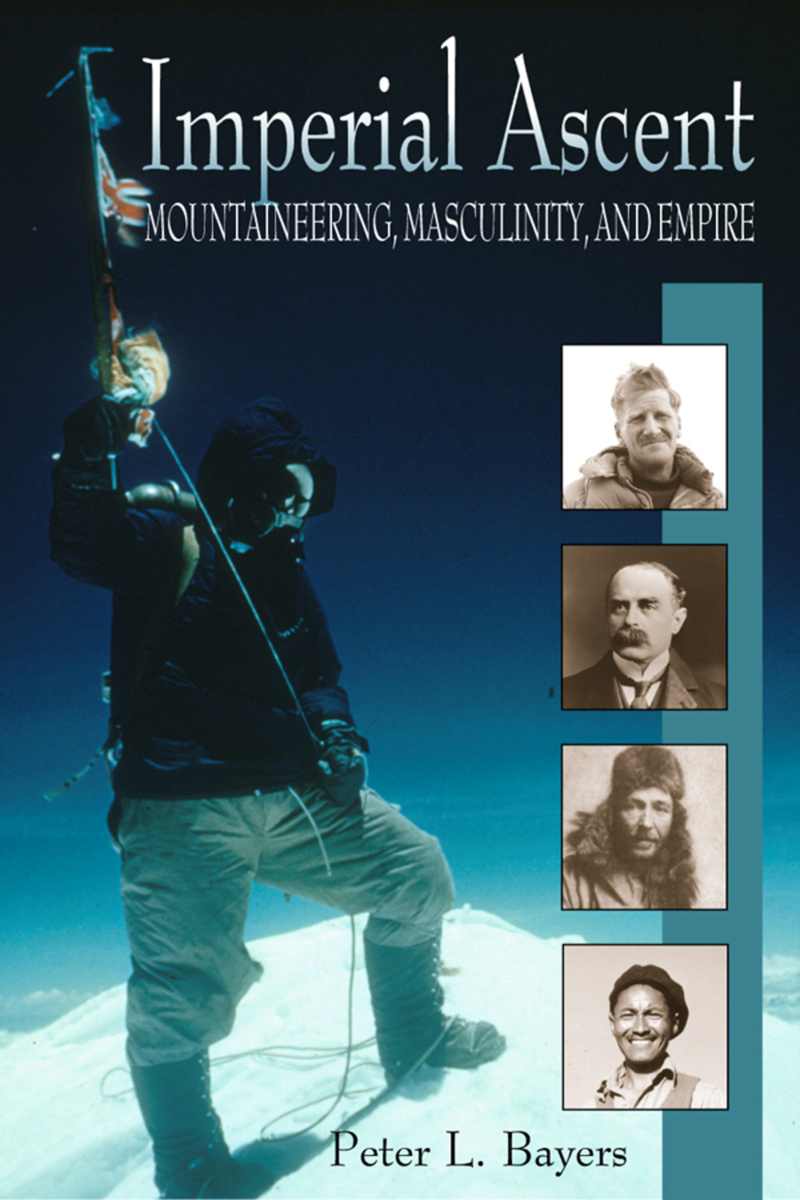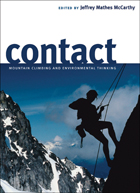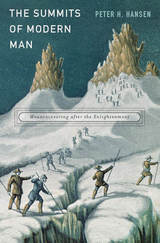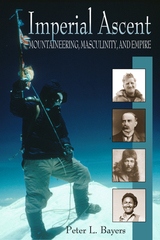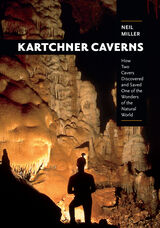Imperial Ascent: Masculinity, Mountaineering, and Empire
University Press of Colorado, 2003
Cloth: 978-0-87081-716-8 | eISBN: 978-0-87081-750-2
Library of Congress Classification GV200.19.P78B39 2003
Dewey Decimal Classification 796.522019
Cloth: 978-0-87081-716-8 | eISBN: 978-0-87081-750-2
Library of Congress Classification GV200.19.P78B39 2003
Dewey Decimal Classification 796.522019
ABOUT THIS BOOK | AUTHOR BIOGRAPHY | REVIEWS
ABOUT THIS BOOK
The thrills and chills of mountaineering literature have long attracted a devoted audience of serious climbers, adventure-seekers, and armchair enthusiasts. In recent decades, scholars have come to view these tales of prowess and fortitude as texts laden with ideological meaning. In Imperial Ascent, a comparative study of seven such twentieth-century mountaineering narratives, Peter L. Bayers articulates the multiple and varied ways mountaineering and its literature have played in the formation and maintenance of national identity. By examining such works as Belmore Browne's The Conquest of Mount McKinley and Sir John Hunt's The Ascent of Everest, Bayers contends that for American and British climbers, mountaineering is tied to imperial ideology and dominant notions of masculinity.
At the same time, he demonstrates how Tiger of the Snows,, Sherpa Tenzing Norgay's account of climbing Mount Everest, undermines Western conceptions of mountaineering and imperialism. Throughout this theoretically informed critique, Bayers manages to retain the sense of awe and adventure inherent in the original works, making Imperial Ascent a highly engaging read.
See other books on: Empire | Identity | Masculinity | Men | Mountaineering
See other titles from University Press of Colorado
